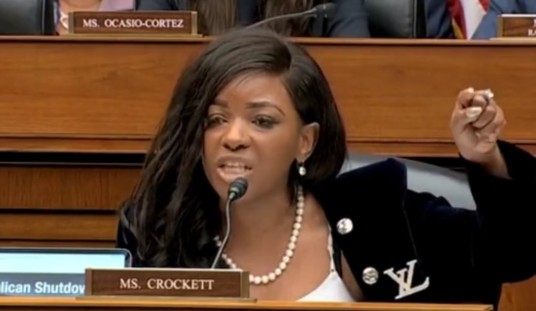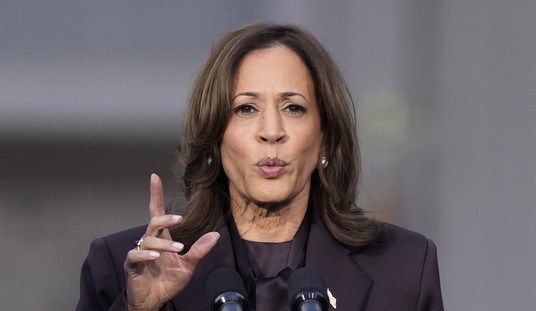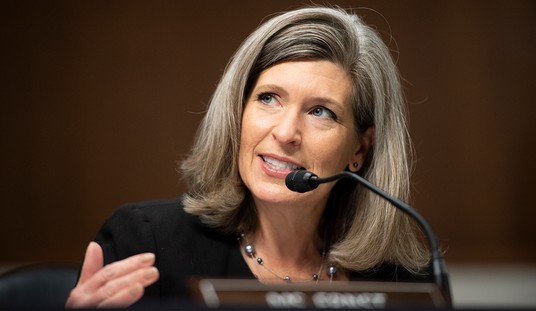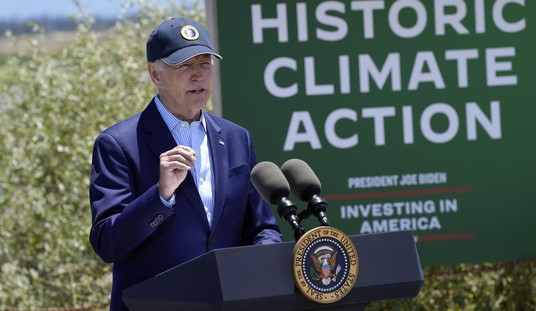Ain’t it great when an Official Study backs up something you already know?
In a paper presented last week at a conference in Chicago, two political scientists compared Republican senators’ voting records to their perceived levels of conservatism among grassroots activists. . . . What they found was that some of the senators with the most traditionally conservative voting records—like Arizona’s Jeff Flake, and Nebraska’s Ben Sasse—were viewed among activists as fairly moderate. Meanwhile, former Alabama Senator Jeff Sessions—whose record is considerably more moderate than many of his peers’—was viewed as one of the chamber’s most conservative lawmakers.
The explanation for these discrepancies?
The paper’s authors—Daniel Hopkins, from the University of Pennsylvania, and Hans Noel, from Georgetown— have a theory: Sasse and Flake were both outspoken Trump critics during the election, whereas Sessions was one of the president’s earliest and most vocal cheerleaders.
Indeed, it appears many of the grassroots-level Republicans surveyed for the paper—the kind of people who make small-dollar donations to candidates, volunteer for phone banks, and staff local campaigns—believed that the more loyal a senator was to Trump, the more conservative he was.
Anyone who has opposed big-government policy positions held by Donald Trump and then been called a leftist knows this already. It’s not surprising. Public choice theory holds that citizens have little motivation to learn about the positions of public officials. Nor do they have much reason to learn free market economics, the history of the Constitution, or the less obvious nuances of policies that infringe on liberty (take Net Neutrality as an obvious example of that last point). Accordingly, the positions of the most visible politician from a party — such as the President of the United States — tend to be adopted by the vast majority of voters as the “right” position.
This is why it is so ruinous for Donald Trump to have become the standard bearer of the Republican Party — which is the reason I left it last May. Perhaps it’s also time to shed the meaningless mantle of “conservatism” — a word that has no real meaning when it is defined by Donald Trump — and exclusively refer to myself as a classical liberal. (This is a stance that has the added benefit of confusing Trumpers who don’t know the historical meaning of the word “liberal.”) The disease of Trumpism easily spreads — whether in the Republican party or in “conservatism” generally — when the president himself is its champion:
“If Trump is shaping and changing the next generation of Republican foot soldiers to think of conservatism as what he thinks it is … instead of what Paul Ryan thinks it is, he’s going to lead the party in that direction,” Noel said. . . . And as long as grassroots Republicans are demanding fealty to Trump from their elected leaders—lest they be branded “moderates” and made vulnerable to primary challenges—Trumpism has a good chance to flourish and spread throughout the GOP.
Massive infrastructure programs during a time of crushing debt. Support for unsustainable entitlements without reform. Health care provided by the government, and movement away from repeal of ObamaCare. Ruinous tariffs. These are the policies now deemed “conservative” by many members of the voting public. These are the goals that threaten to become part of the fabric of the Republican and even “conservative” belief system.
At times I feel like I’m standing on a beach, facing a fast-approaching 60-foot tidal wave of statism, and shaking a stick at it angrily as it rushes towards me. I know that any moment now I’m about to get carried by the giant wave and dashed against the rocks — but it’s too late to run. All I can do is hold my ground, stare it down, and hope that someday my example will mean something to someone else.
Happy Wednesday!














Join the conversation as a VIP Member